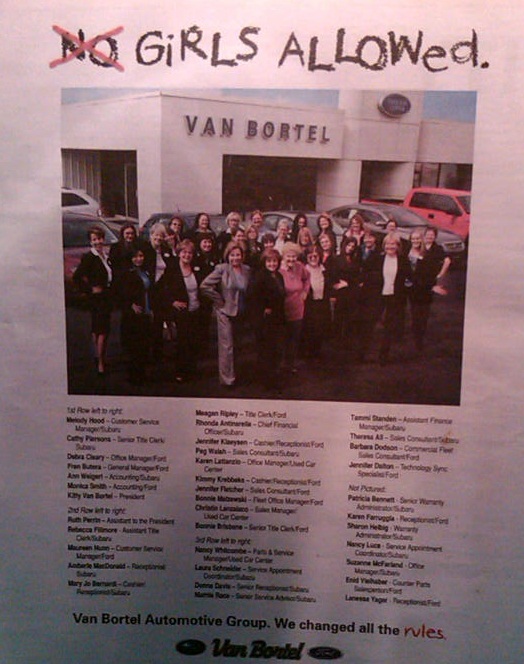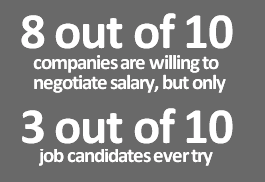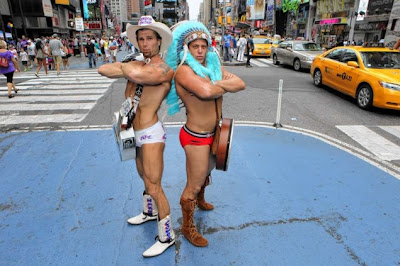It's still a mad, mad, mad, world
Fresh off yesterday's take showing how one local automotive dealership, not really the kind of business that pops to mind when thinking about diversity and inclusion, is bucking that trend and embracing the important role women employees have in their business, comes an interesting and eye-opening tale from the world of advertising, that paints quite a different, and damning picture on that industry's hiring practices and climate.
I call your attention to what is an absolute must-read, particularly in light of the recent re-kindling of the 'Can Women Have it All?' debate, is a piece called 'Confessions of a Female Ad Exec', (Note : there is some definite Adult content in the piece, if you are easily offended, then don't bother clicking through), published on the Digiday site. Originally published as an anonymous, (and edited) piece, and later re-issued under the byline of Colleen DeCourcy, CEO of Socialistic, a social media technology, content, and design studio, the piece contains some really honest and raw reflections of Ms. DeCourcy's experience climbing the ranks of the Advertising industry.
Why are the upper echelons of the Ad industry still so the same, still not reflecting the changing world and workplace overall? From the Digiday piece:
The sacred question agency execs are answering with their hires is, “Are you like us?” The affirmative answer if they hire is, yes. It might not even be done consciously, but hires and promotions are often done on this basis. (By the way, that can apply beyond women to black/Jewish/gay/handicapped/patently JNF — Just Not Funny.)
But beyond arcane, foolish, and either subtly or overtly discriminatory hiring and promotion practices, Ms. DeCourcy also offers up an admission of sorts, that perhaps she too had some kind of role to play as well, as both victim and unlikely participant. Again from the piece:
An issue that’s rarely addressed is how many women in advertising don’t help each other out. What is it that drives a select group of women to actively not support other women? I have been a victim of it, and subsequently I resist working with “those kinds” of women. Sadly, since it’s impossible to see through a smart woman’s tightly controlled veil of camaraderie, I’ve grown irrationally afraid of all women at work, and I’ve missed the opportunity to work with the great ones.
But maybe it’s not the women who are at fault here. Maybe the fact that there are so few of us in the boardrooms leads us to assume there’s only room for a certain number.
But more truthfully, the reality for women my age is that you had to sever the sisterhood ties so hard and so early in order to run with the boys that you just don’t know how to get back home again. I’m just a tourist in the land of women now. I’m not fully of the culture.
There's more to the piece than I grabbed to use here, and I hope you read it all, (and again, only if you are not going to be offended by some language and frank descriptions of inappropriate workplace talk), and let it sink in a little bit.
For me, the takeaways are many, but one that stands out is that employees, even C-suite execs, are real people too. Their stories are always unique, often complex, and almost never what you, as the person wondering 'Why?' or 'Why not?', would expect.
It's still a mad, mad world out there. And while yesterday's post about the 'We are all happy together' auto dealer paints a really bright and positive picture, today's piece reminds us that we really don't and often can't know what lies beneath that surface.

 Steve
Steve



